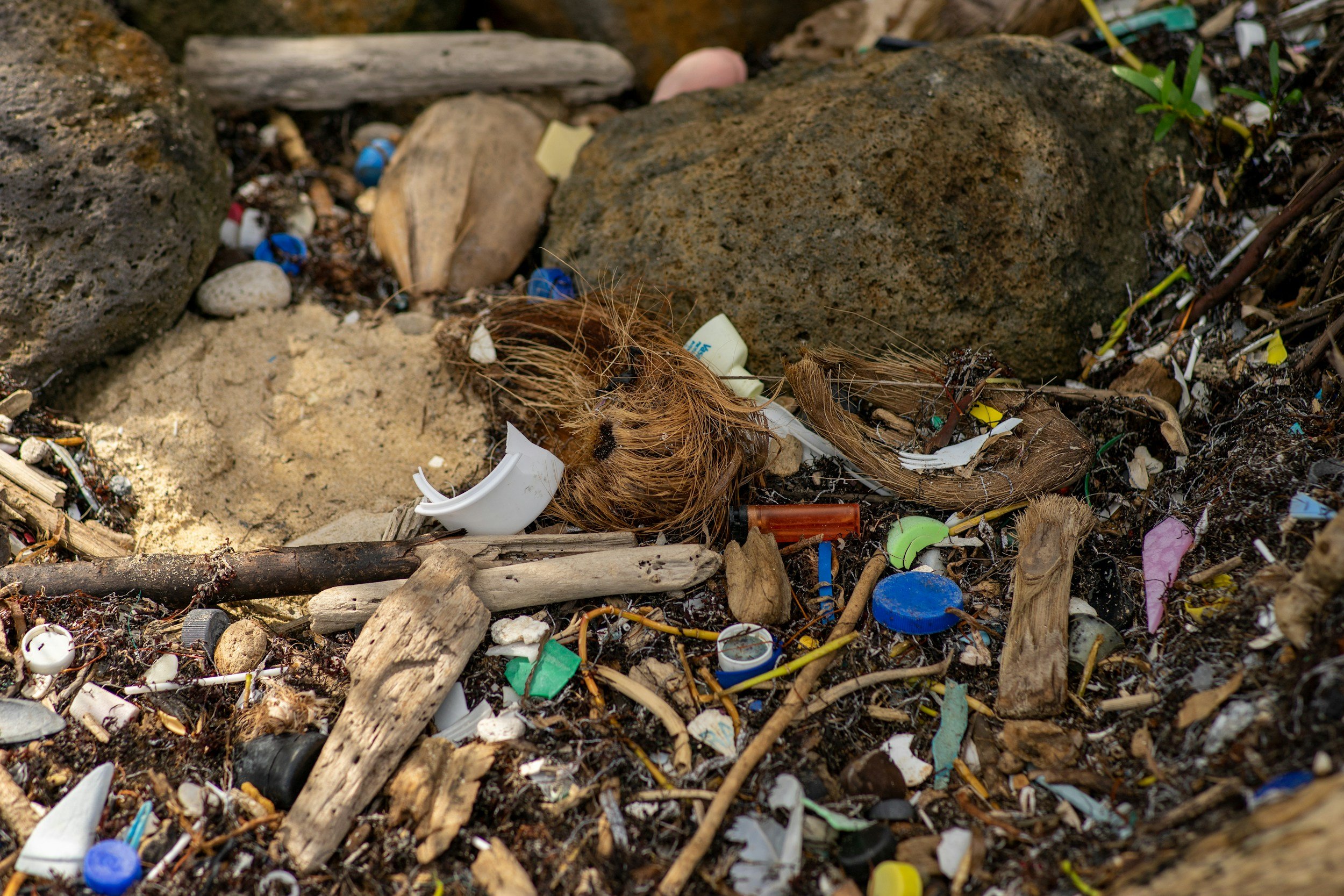
Litter Prevention
Litter prevention is a vital part of keeping Johnson City beautiful and sustainable for all its residents and visitors.
Litter prevention is essential for creating a cleaner, healthier environment in Johnson City. By fostering awareness and encouraging responsible waste disposal, we can significantly reduce the amount of litter that pollutes our streets, parks, and waterways. Engaging the community through educational initiatives and volunteer opportunities empowers residents to take action and instills pride in our beautiful city. Together, we can cultivate a culture of cleanliness, ensuring that litter becomes a thing of the past and our environment thrives for generations to come.
Impact of Litter Prevention
Improved Public Health: Reduces avenues for pests and disease transmission by minimizing waste exposure.
Enhanced Aesthetics: Increases the overall visual appeal of neighborhoods and public spaces, fostering community pride.
Increased Property Values: Well-maintained environments can lead to higher real estate values, benefiting residents and businesses.
Boosted Local Economy: Clean, attractive areas can attract tourism and encourage consumer spending in local shops and restaurants.
Protection of Wildlife: Prevents harm to animals that may ingest or become entangled in litter, supporting biodiversity in ecosystems.
Improved Quality of Life: Contributes to a healthier, more pleasant living environment, enhancing overall well-being for residents.
Stronger Community Engagement: Promotes volunteerism and community events, fostering a sense of ownership and responsibility among residents.
Sustainable Practices: Encourages a culture of sustainability by motivating individuals to dispose of waste properly and recycle more frequently.
Reduced Clean-Up Costs: Lowers municipal spending on litter removal, freeing up resources for other community services and improvements.
Educational Opportunities: Provides a platform for teaching environmental stewardship and the importance of maintaining a clean environment through workshops and community programs.
TYPES OF LITTERING
DELIBERATE
Littering causes environmental damage: Litter such as plastic bottles, cigarette butts, and food waste can harm the environment by polluting soil, waterways, and harming wildlife.
NEGLIGENT
Negligent littering occurs when an individual drops trash to the ground without being aware of it. This is most common in the form of an uncovered load on a vehicle that allows items to fall off/out of a vehicle. Negligent littering is also common when public trash receptacles are not emptied regularly and become overstuffed, allowing trash to fall out onto the ground.
ILLEGAL DUMPING
Illegal dumping occurs when a group, company, or individual elect to dump large quantities of garbage/waste in a location that is not designated as a waste management facility, or privately owned by those performing the dump. This behavior is common is common in rural areas where curbside garbage pickup may not be available. Additionally, it is common for illegal dumping to occur in an attempt to avoid disposal fees. Tires are particularly common in illegal dumps, as they usually associated with a disposal fee for each tire.
